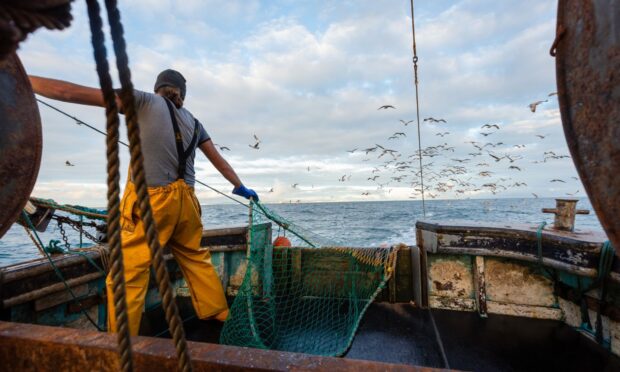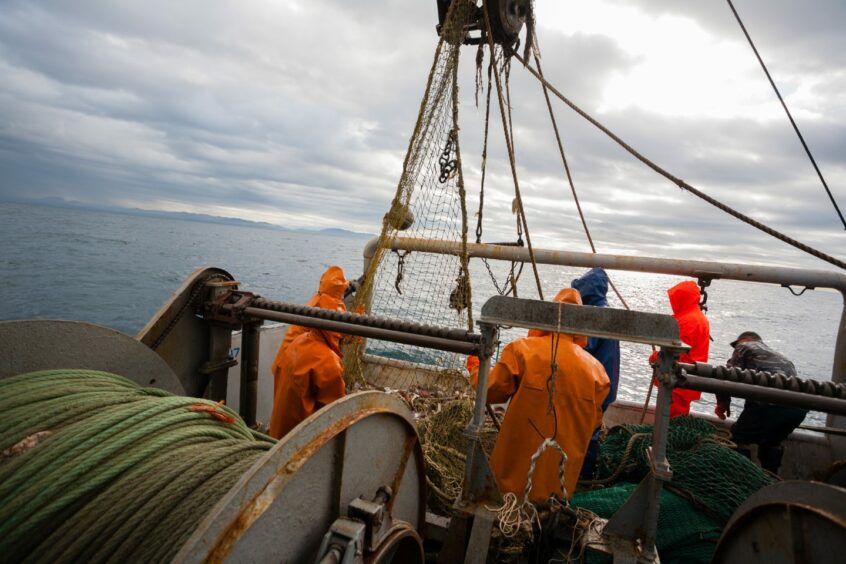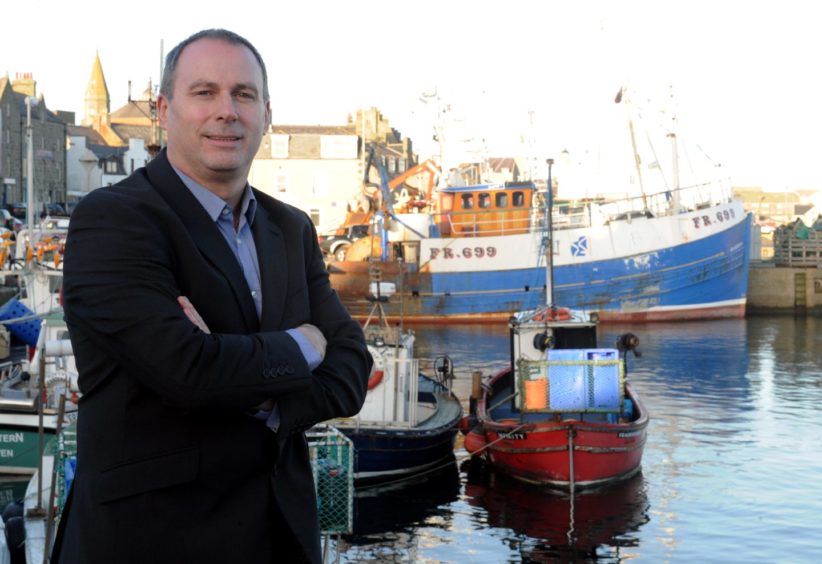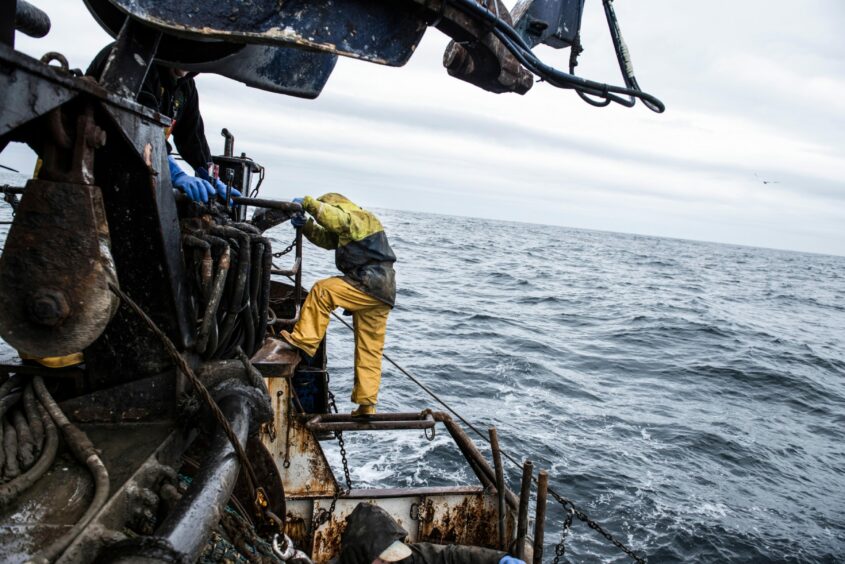The boss of Scotland’s largest fishing industry body has responded to claims of migrant workers being abused and coerced under an “alpha male” culture at sea by urging those making them to produce proof.
Mike Park, chief executive of the Scottish White Fish Producers’ Association, insisted the industry takes such accusations seriously, and will itself report any actions which harm the wellbeing and welfare of crew.
He was speaking after East Anglia University researchers claimed migrant fishers are subjected to coercion, as well as physical, verbal and psychological abuse including slaps, kicks and the withholding of food.
‘Cultural misunderstandings’
The abuse is “invisible” within the industry because crew are reluctant to come forward and incidents are often dismissed as part of a difficult working environment or “cultural misunderstandings”, the research duo said.
The pair – Natalie Djohari and Carole White – released a video highlighting “crossed lines of communication” around the arrival of Filipino migrants into the fishing fleet.
Dialogue in the animation is based on interviews carried out in the north-east between 2019 and 2021 as part of the FisherCoast Research Project, a multi partner international study exploring the impact of environmental, economic and social change on the wellbeing of coastal communities.
The research was funded by the EU-India Platform for Social Sciences and Humanities.
A total of 63 people across the north-east fishing sector were interviewed, including retired and current skippers, migrant crew, industry officials and welfare charities, with archive data also used to provide an understanding of change over time.
Of the 63 people questioned, 14 were migrant workers.
Although the study focused on the north-east, Ms Djohari and Ms White said its findings had a bearing across the whole UK industry.
Reporting on their work, they said: “In response to a shortage of reliable, local crew and rising costs, fishing crews from non-EEA (European Economic Area) countries such as the Philippines and Ghana have been employed on fishing vessels in north-east Scotland – operating outside 12 nautical miles – since the mid-1990s.
‘Industry-wide blind spot’
“These skilled migrant workers are generally well-respected as hardworking and reliable additions to the fishing industry.
“However, our research identified an industry-wide blind spot that left migrant crew vulnerable to forms of coercion and control.
“Specifically, practices such as withholding food, slaps and kicks, and psychological and verbal abuse of crews, often experienced on a daily basis.
“These forms of abuse remain ‘invisible’ within the industry because crews are reluctant to come forward. They are difficult to evidence, and frequently dismissed as part of a difficult working environment or cultural misunderstandings.”
‘Inadequate’ protections
The pair added: “Current protections are inadequate because they do not address how the use of transit visas and short-term contracts make migrant crew particularly vulnerable to this type of abuse, and the cultural practices which render such abuse invisible.”
In a joint statement launching their animation, the duo said: “By presenting how fishing crew and skippers each perceive their situation, it highlights their different interpretations of reality and how migrant fishers are vulnerable to forms of coercion and control that are unrecognised or dismissed as unimportant within the industry.
“The aim is to see changes to the visa system which enables this type of employment on board with poor working conditions etc, but also to raise public awareness.”
There are no foreign crew working in the pelagic sector – boats targeting mainly mackerel and herring – but they are regularly used by the Scottish white-fish fleet.
Mr Park, who leads an organisation representing about 200 vessels and 1,400 fishers, said: “Coercion is a serious claim and if the producers of the animation have information of such acts they should provide it to the relevant authorities.
“The industry take such accusations seriously and would itself report such cases. We do not condone any actions that harm the wellbeing and welfare of our crews ”.
According to the researchers, widespread use of transit visas for migrants restricts crew movements and access to full employment rights.
Ms Djohari and Ms White added: “This makes non-EEA crews vulnerable, kept largely invisible onboard vessels and dependent on their employers for food, accommodation and legal status.
“The use of short-term contracts, six to eight months, exacerbates this vulnerability by making crews reluctant to complain for fear of not having contracts renewed and being labelled a troublemaker.
“There are no mutually agreed terms for appropriate behaviour and no distinction between an alpha male culture and coercive/controlling practices. A narrative of skipper responsibility and autonomy results in peer reluctance to question or challenge skipper treatment of crew, particularly when out at sea.”
Key recommendations by the two researchers include ending the use of transit visas which “create dependency and precarious employment” and encouraging the use of more secure contracts.
The pair also called for “clear guidelines that distinguish what constitutes acceptable and abusive behaviour”, better complaints procedures and new language training in local dialects, industry terminology, employment rights and contract obligations.




Conversation